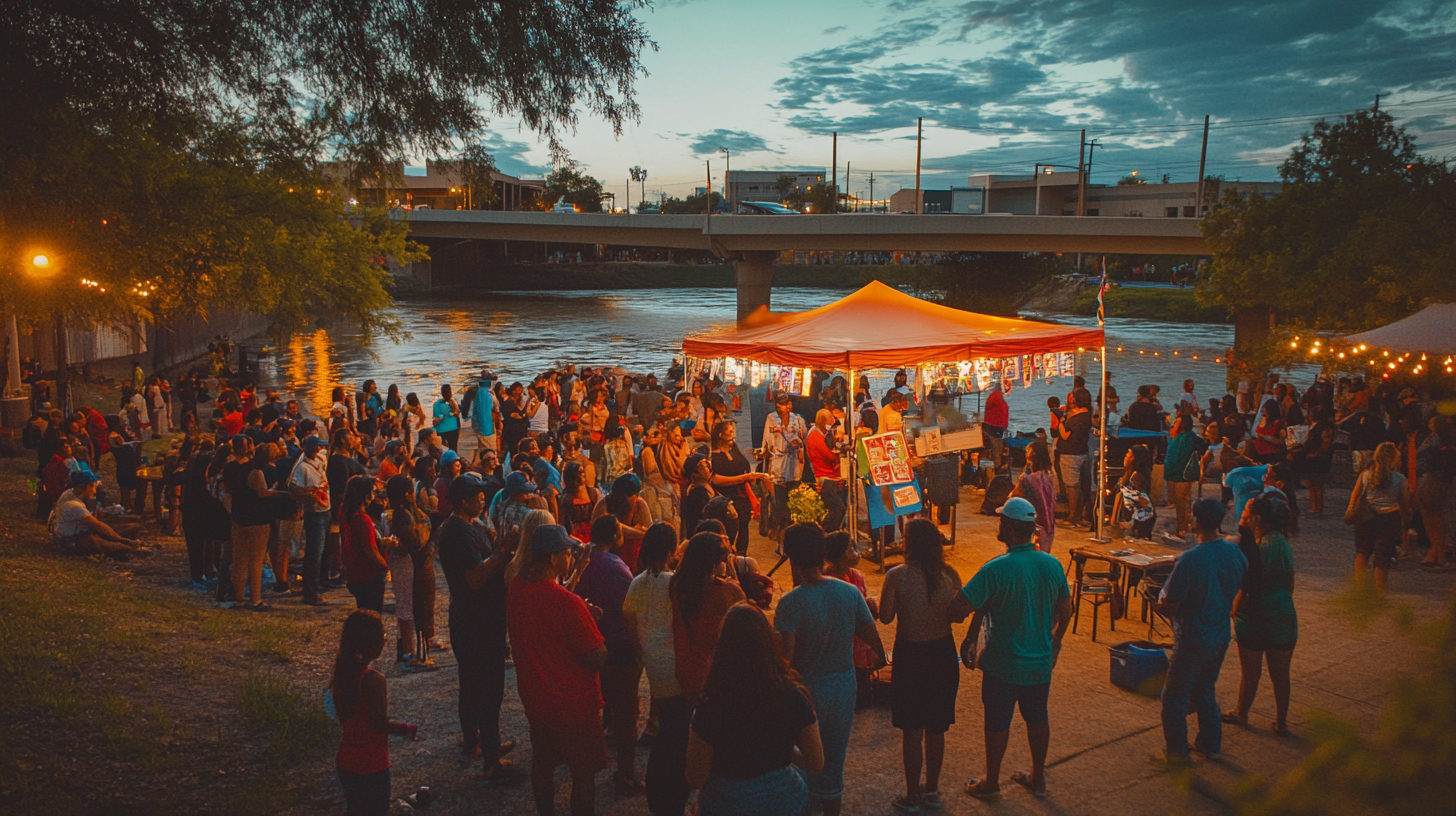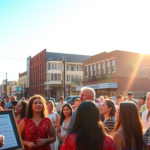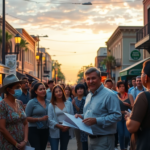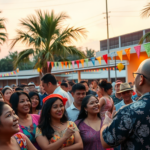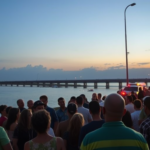DHR Health Event Sheds Light on Organ Donor Shortages in South Texas
In an effort to address the pressing need for organ donors in the Rio Grande Valley, DHR Health in Edinburg recently hosted a pivotal event designed to raise awareness and encourage Valley residents to register as organ donors. This community-centric initiative emphasized the life-saving potential of organ donation as well as the crucial shortage of organ donors in the region, which is exacerbated by the prevalence of health issues like Type 2 Diabetes.
Addressing a Critical Shortage
The event comes in response to a concerning disparity: while demand for organ transplants steadily increases in Texas, There remains a significant shortage of registered donors, particularly in South Texas—a region heavily impacted by chronic health conditions. According to DHR Health Transplant Nephrologist Dr. Sridhar Allam, the Valley is home to a growing number of patients on dialysis who could potentially benefit from organ transplants. “There are a lot of patients on dialysis here in the Valley,” Dr. Allam noted. “Unfortunately, the number of donors is very low. Having donors is the only way we can increase the number of transplants to help more patients.”
The Role of Chronic Exaggerated Health Issues
The Rio Grande Valley’s high rate of Type 2 Diabetes, a condition that often leads to severe complications such as kidney failure, has contributed significantly to the increased demand for organ transplants, specifically kidneys. This issue is emblematic of broader health disparities and challenges faced by Valley residents, underscoring the urgent need for more accessible health resources and educational initiatives.
DHR Health’s event served as a crucial platform for educating the public about the organ donation registration process. Participants learned about the ease of registering to become a donor, which can be done simply when renewing a driver’s license or visiting donor registration websites such as that of Texas Organ Sharing Alliance.
Community Engagement and Impact
The event attracted a varied crowd, from healthcare professionals and local leaders to community members eager to contribute to a cause with tangible impacts. Organizers emphasized the transformative power of organ donation, highlighting that a single donor can save up to eight lives. Such powerful narratives aim to increase awareness about the life-saving nature of being a registered organ donor.
Maria Gonzales, a community health advocate and participant at the event, expressed her thoughts on the Valley’s support system. “Valley residents have always shown resilience and a strong sense of community. Educating more people about becoming organ donors is a natural extension of that caring spirit that we often see here,” she said.
A Broader Context
This event at DHR Health aligns with broader efforts to improve healthcare access and education throughout the RGV. Recent events, like the University of Texas-Rio Grande Valley’s conference on cancer research disparities and Region One’s free GED classes initiative, exemplify the Valley’s commitment to addressing local health and educational challenges.
Moreover, community-focused programs such as the City of Edinburg’s amnesty program for unpaid tickets, the potential tax savings from the proposed Homestead Tax Exemption Bill, and the much-awaited installation of street lighting in Colonia Muñiz serve as further testimony to the progress being made in improving the quality of life for Valley residents.
Outlook and Future Initiatives
The implications of expanding organ donation awareness in the RGV are far-reaching. By increasing the number of registered donors, the potential for more life-saving transplants becomes a reality, offering new hope to those on waiting lists. The event at DHR Health signifies a step forward in bridging health disparities and ensuring that all Valley residents have access to the care and resources they need.
Future efforts may focus on continuous engagement with community leaders, educational institutions, and healthcare providers to sustain momentum. Enhanced outreach programs, partnerships with local organizations, and integration with public health campaigns could further cement the Valley’s strides toward health equity.
Resources and How to Get Involved
For Valley residents interested in registering as organ donors or learning more about future events, DHR Health recommends visiting their community outreach page or the Texas Organ Sharing Alliance website. Engaging with these platforms provides actionable steps to become part of a life-saving network, underscoring the communal drive toward progress and compassion.
In sum, the organ donation awareness event at DHR Health not only spotlighted a crucial public health issue but also reflected broader community strengths and aspirations in the Rio Grande Valley. Valley residents can continue to build on this momentum, fostering a culture of health awareness and collective responsibility that promises a brighter future for all.

